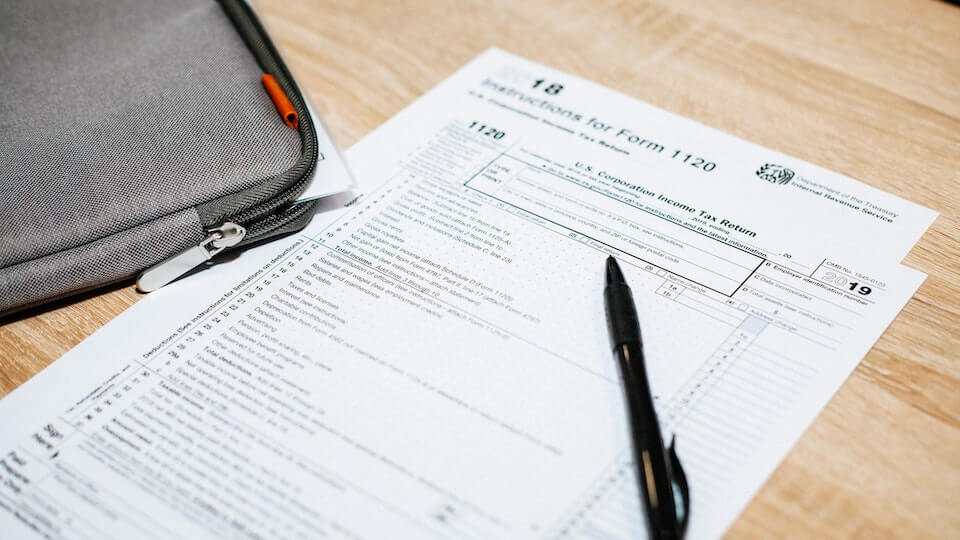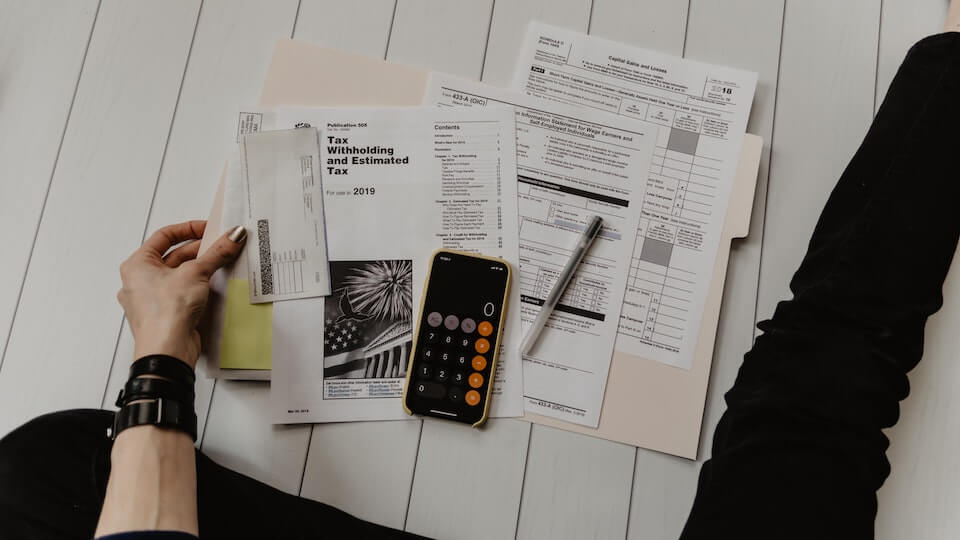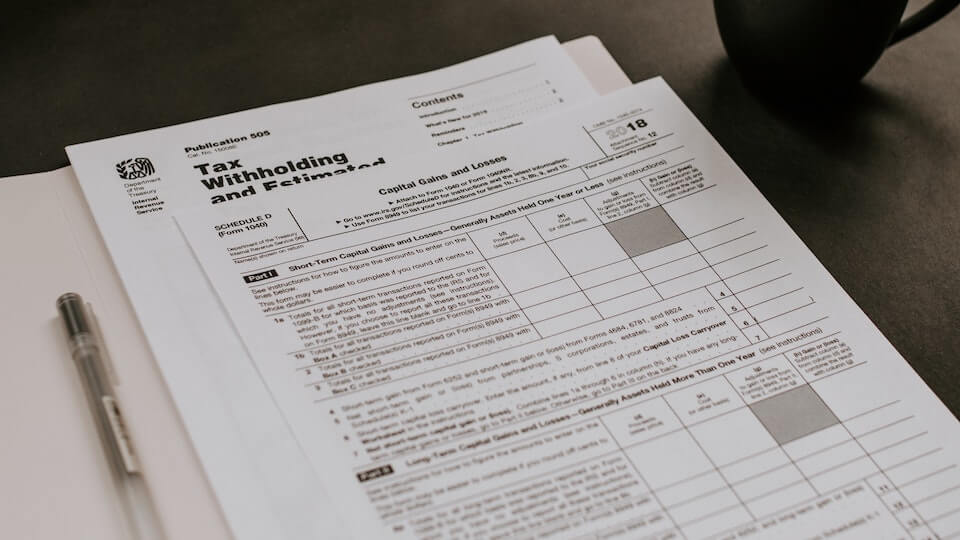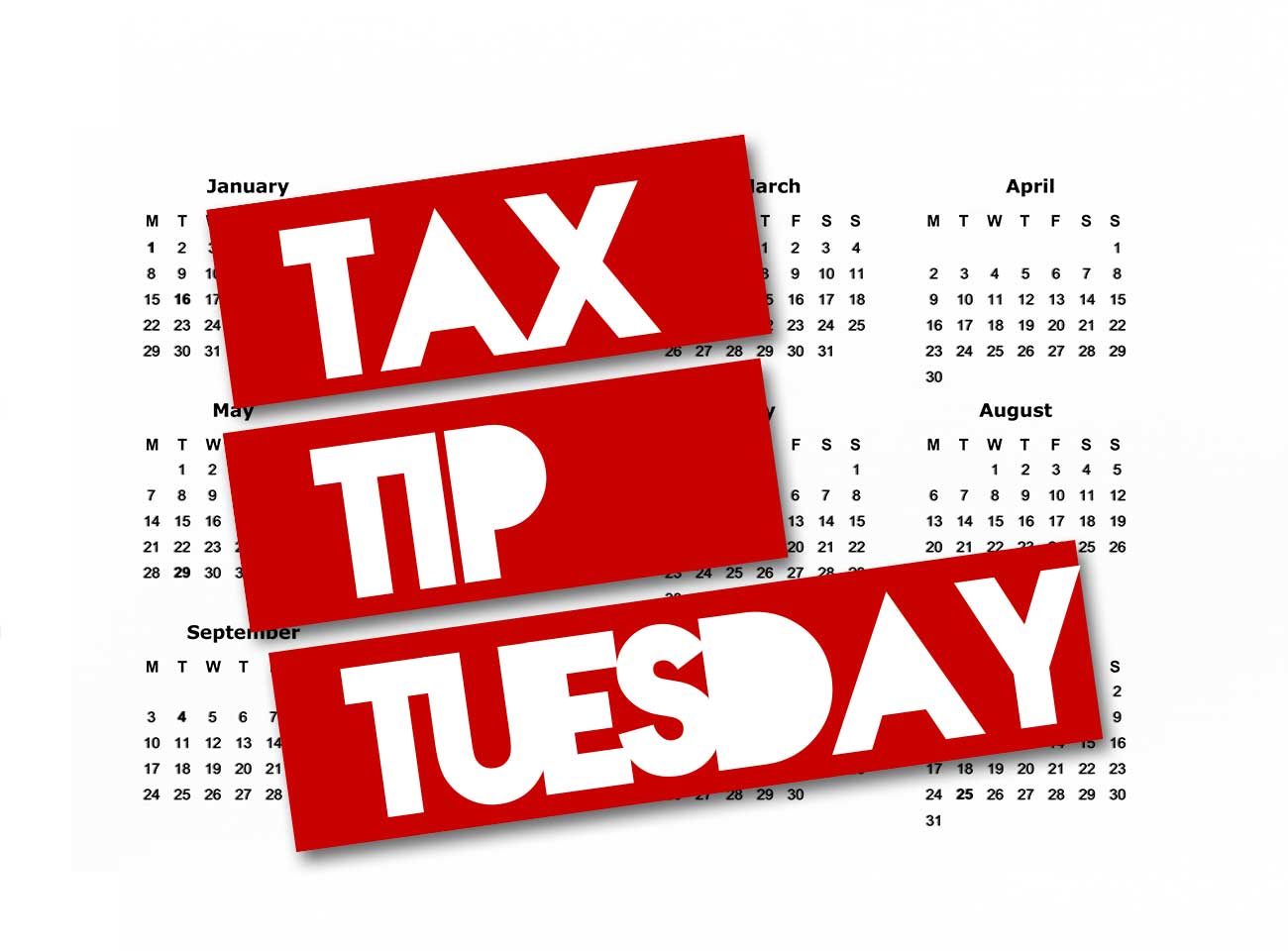
The Tax Cuts and Jobs Act Brings Changes for Business Depreciation
May 22, 2018
Understanding Taxes in a Barter and Sharing Economy
July 17, 2018Selling Your House? What You Need to Remember About the Taxes
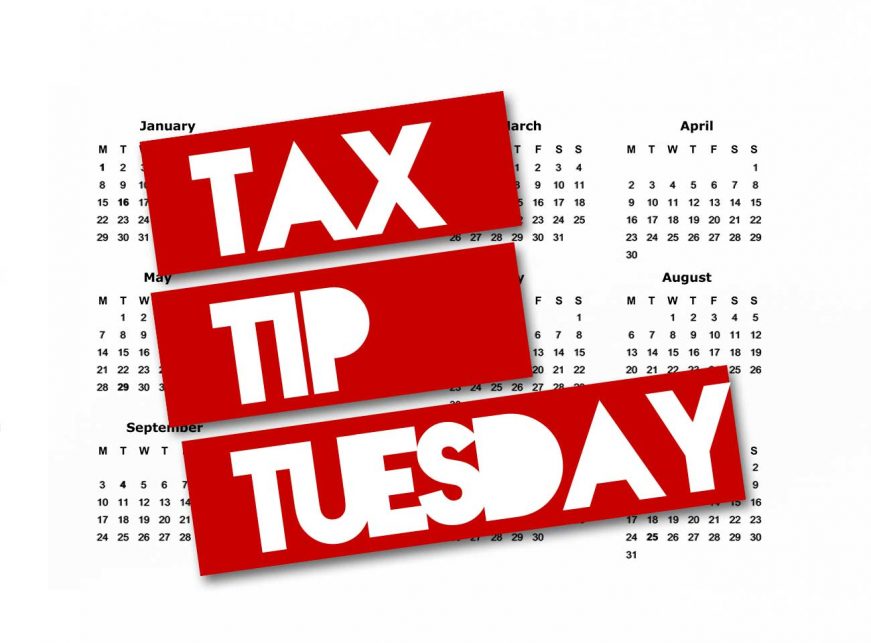
If selling your house is in the near future, you must keep a few things to keep in mind. For example, the sale of your home could put you in another tax bracket, that is unless you also qualify to exclude all or part of the income from the sale.
Below, are tax tips you need to know when you sell your home:
Ownership and Use—there are rules for claiming the exclusion based on homeownership. During a five-year period ending on the date of the sale, the homeowner must have:
- Lived in the home as their main home for at least two years.
- Owned the home for at least two years.
Gains—If you have a gain from the sale of your home you may usually be able to exclude up to $250,000 from their income or $500,000 on a joint return. If you are among those that can exclude all of the gains you do not need to report the sale on their tax return.
Loss—If you experience a loss when selling your home for less than what they paid for it, the loss is not deductible.
Reported sale—If you do not meet the requirements set forth on excluding the gain you must report the sale of your home on your tax return. You will receive a Form 1099-S, also know called Proceeds from Real Estate Transactions, as part of your closing statement and you must report the sale on your tax return.
Mortgage debt—If your mortgage debt was canceled or forgiven for some reason you will still need to report that amount on your tax return. This generally includes people who went through a mortgage workout, foreclosure, or other processes in which a lender forgave or canceled mortgage debt on their home. If you had a written agreement for the forgiveness of the debt in place before January 1, 2017, then it is possible you may be able to exclude the forgiven amount from income.
Possible exceptions—There are generally exceptions to most rules, and that is true with selling a home. Those with a disability, certain members of the military, intelligence community, and Peace Corps workers, among somewhere there may be an exception to the standard rule.
Worksheets—The IRS offers worksheets to you to figure out taxes on the sale of your home. These can be found in Publication 523, Selling Your Home. Below are what you can expect to find on these worksheets:
- Adjusted basis of the home sold.
- Gain or loss on the sale.
- Excluded gain on the sale.
Multiple homes—If you own more than one home, then you can only exclude the gain on the sale of your main home. You will be required to pay taxes on the gain from selling any other home.
Tax credit. Taxpayers who claimed the first-time homebuyer credit to purchase their home have special rules that apply to the sale. Taxpayers can use the First Time Homebuyer Credit Account Look-up to get account information, such as the total amount of their credit or repayment amount.
If you have specific questions about taxes after the sale of your house, we advise you to talk to your tax attorney or CPA.

